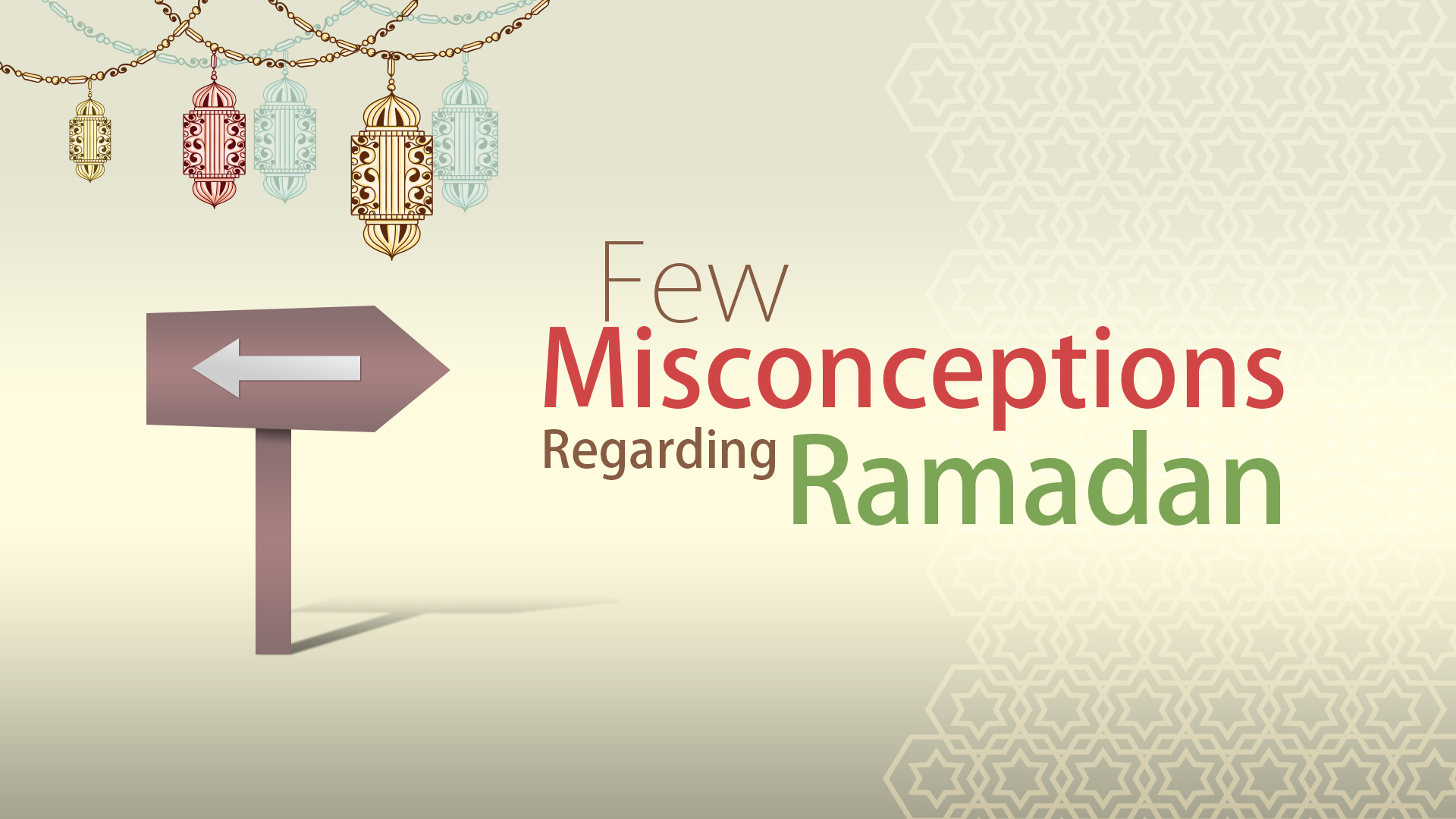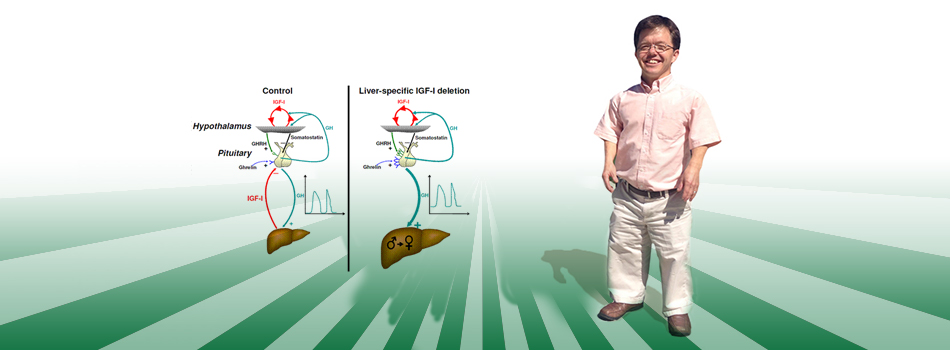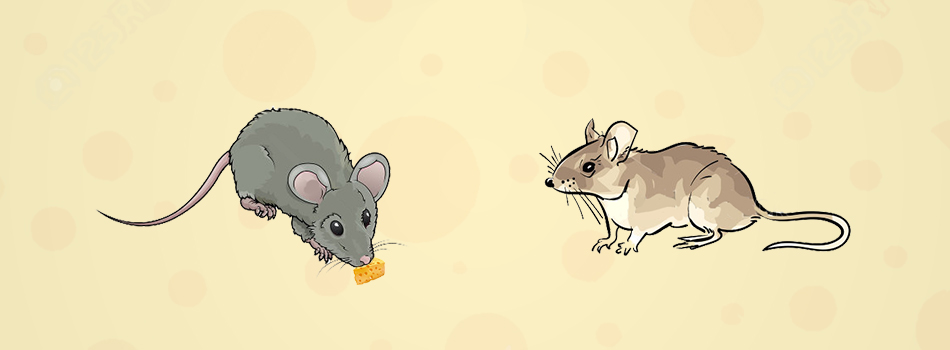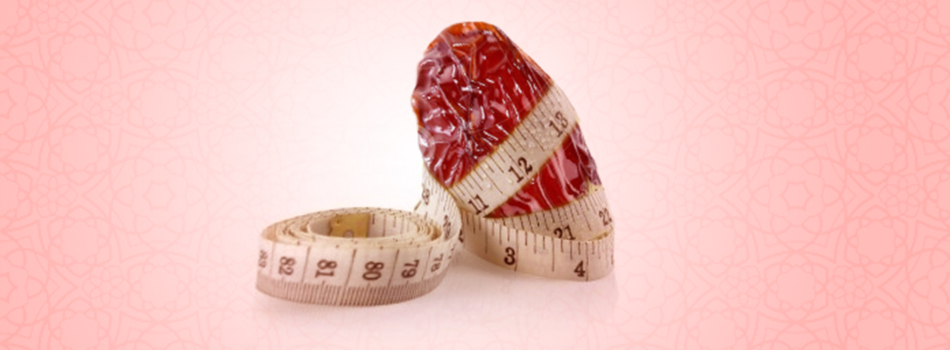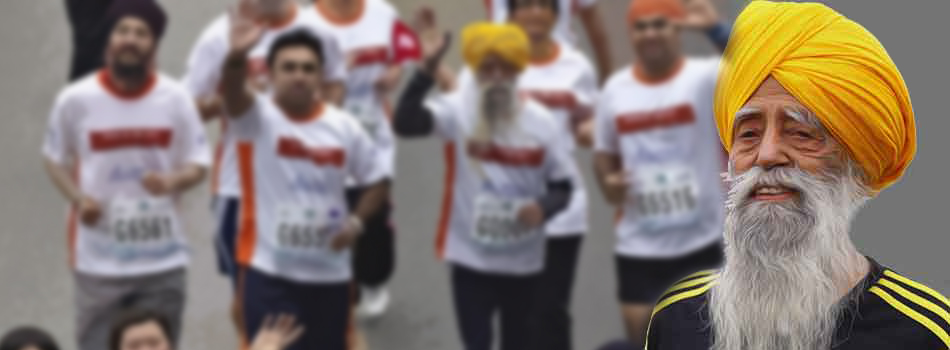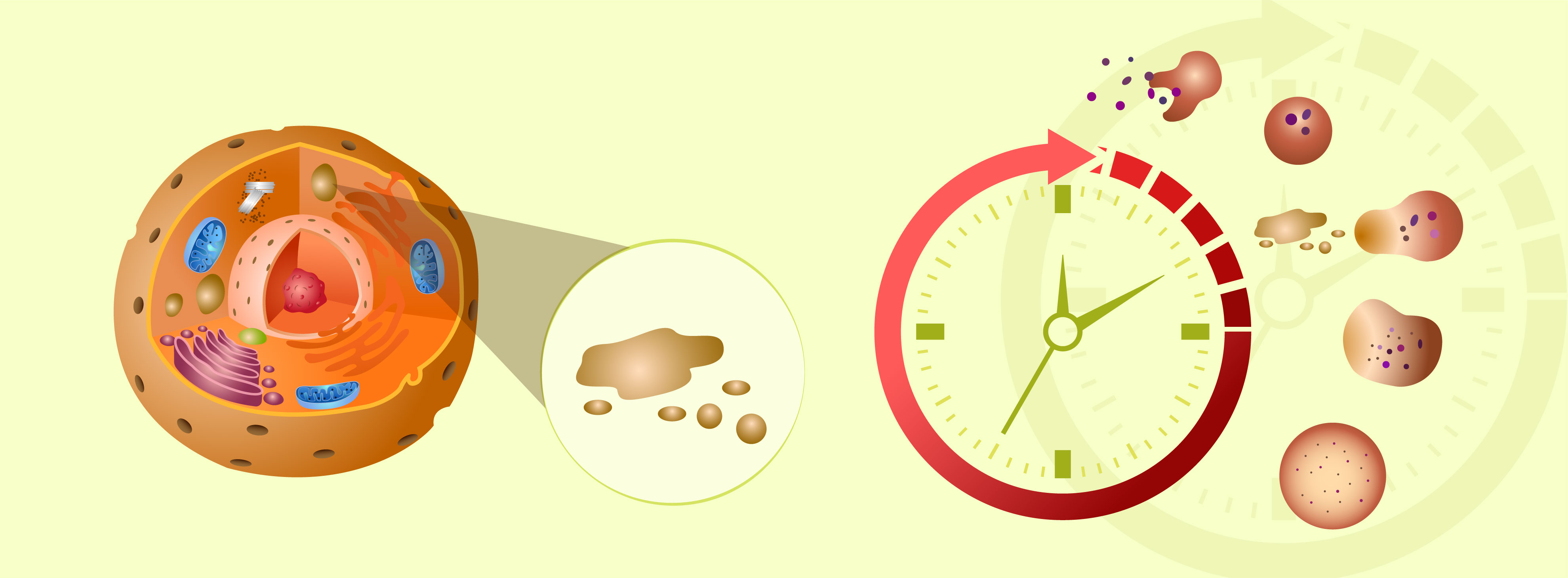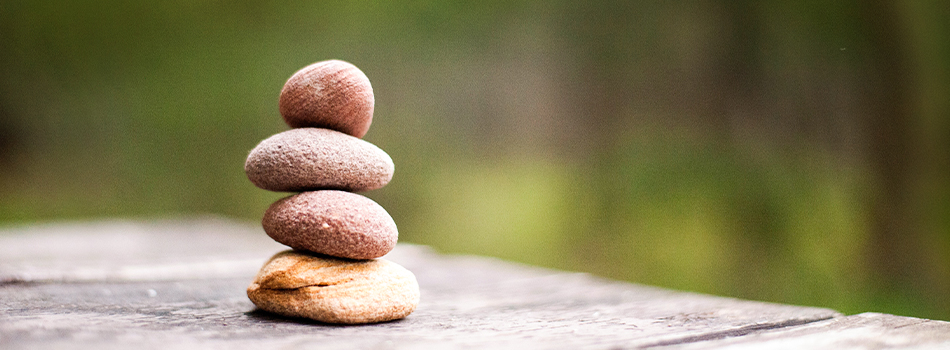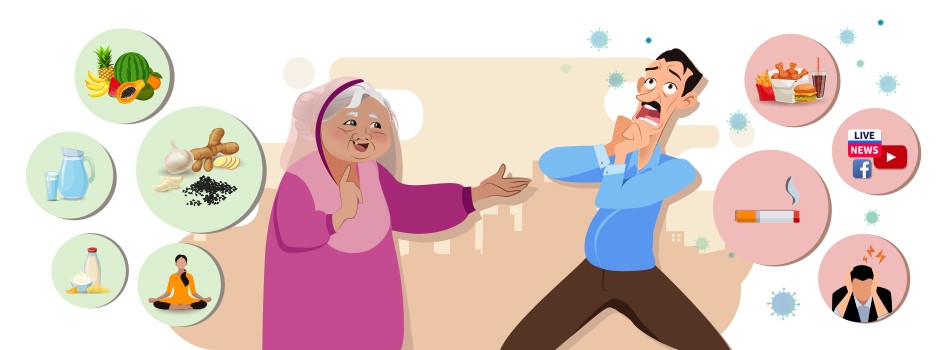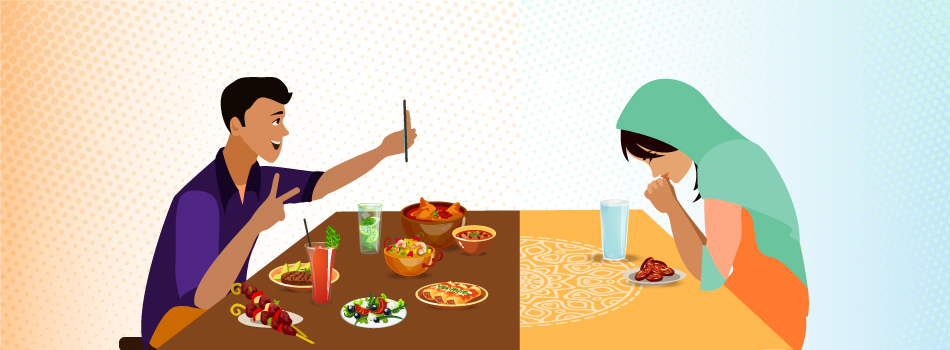
Healthy Diet in Ramadan- Healthy YOU for the Whole Year
published : 6 June 2018
‘There’s no limit for food intake during Ramadan’- the source of this saying is still unavailable but it was able to turn the holy month of Ramadan into a food festival! The streets get filled with food trolleys and the restaurants overwhelm with special iftaar and sehri offers, during the time.
These big iftaar and sehri parties are nothing but huge profits for the food businesses; not just in our countries but across the world, in every Muslim country.
But in religious point of view, Ramadan is the month of moderation, in every aspect including food. It is the month of self purification, self realization. We can become lively and fit by following the right and healthy practice, which would stay for the whole year.
Date and water in iftaar gives instant energy
Do your iftaar only with water and date. Don’t jump into food, thinking you didn’t have anything in the whole day. The mix of date and water produces sucrose which is good enough to provide instant energy.
Hazrat Anas (R) said, ‘Prophet (PBUH) used to do his iftaar with few fresh dates. If there was no fresh date he would eat dry dates. And if there were none then he would only drink water.’ (Abu Dawood)
No need for sugary drinks
A report published by the Library of Munich, a university of Germany, on February 2, 2017, said, the demand for sugar increases drastically in the Muslim countries during Ramadan. And the main reason for that is the sugary drink in Iftaar.
The medical studies say that sugary drinks and sweets are harmful to health. Therefore, avoid packet juice as well, since it contains many harmful chemicals. You should rather switch to seasonal fruits for the required glucose and nutrients.
Wrong diet = weight increase and stomach trouble
It surely sounds astonishing but isn’t false that people actually gain weight during Ramadan. CNN published a report on this on November 23, 2003 where they used Tunisia as an example. A health survey was carried out by the government of the country on its people regarding the correlation between Ramadan diet and the people’s weight.
The survey said women gained their weight by 59% and men gained my 35%. As per study the food consumption of the population increased by 50% in the month of Ramadan.
And that’s not it! People get hospitalized due to weight gain every year, as well. 15 individuals were admitted to hospital in 2013, in Qatar, due to overeating in Sehri and Iftaar which caused digestion problem.
Similar incident occurred in Dubai as well. Hence, in 2017, the doctors spread the idea of avoiding overeating and maintaining a healthy diet through various ads and news, during Ramadan.
Healthy dinner and Sehri
Have your dinner after the Maghrib prayer with rice, vegetables, fish/meat/egg, lentils and other healthy items. Avoid oily spicy fried foods in iftaar.
Fasting makes you thirsty more than hungry. Overeating in sehri or eating protein makes you even thirstier as more water is required to digest protein.
On the other hand rice and vegetables doesn’t require that much water to be digested; making it easier to focus in daily work and prayer with fresh mind and body. You could also have banana and dates or yogurt with flattened rice instead of rice and vegetables. They have similar effect on the body.
One month of control means whole year of fitness
Professor Valter Lango of zoology in Southern California University ran a study on the life expectancy of humans and other animals and the effect of the fasting on health, for 20 years. He says we need to practice fasting for fitness that the current generation has forgotten.
It was found in his recent studies that fasting boosts immunity system. After running a research on some cancer patients, it was found that their immunity system was improving within three to five days of fasting. It was found beneficial for the side effects of chemotherapy as well.
The temporary lack of strength caused by the hunger encourages the brain cells to produce beneficial protein neurotraphic factor, making the brain more effective. Other than that, there are unnecessary glucose and fat molecules stored in our cells and tissues, which turns into toxins. Fasting makes them disappear. As a result, the brain cells and also the body cells are rejuvenated, which keeps the body active for the whole year.
Focus on Ibadat (worship) than iftaar
It is quite common in every household of the country where the women of the house get busy with making lavish iftaar items during Ramadan. Sometimes the busyness remains till Maghrib, until everyone starts their iftaar. However, the more important thing is to do the iftaar together than serving various iftaar items. The time right before iftaar is very essential and effective to pray for thyself and others.
Eat with gratitude than showing off in Facebook
It has become really common to take selfies with iftaar and sehri alongside the idea of iftaar and sehri parties! Seems like a competition of food. It is kind of an insult to religious observance of Ramadan; at the same time is a profitable idea for the businesses. Get out of this concept of showing off. No matter what the items are, eat it with gratitude.
Practice scientific diet and achieve the main target of Ramadan
This month of Ramadan doesn’t just bring health and activeness in our mind, body and life it also makes us realize about how this food is such a blessing for us. It makes it easier to feel the pain of the people who are suffering from hunger and pain. Therefore, this month also enhances our humanity along with teaching us the proper diet and lifestyle.
Therefore, offer the fasting and perform Ramadan with its true religious teachings instead of getting swayed away by the ads and trendy activities. And ensure your families’ and your physical, mental and spiritual health.






